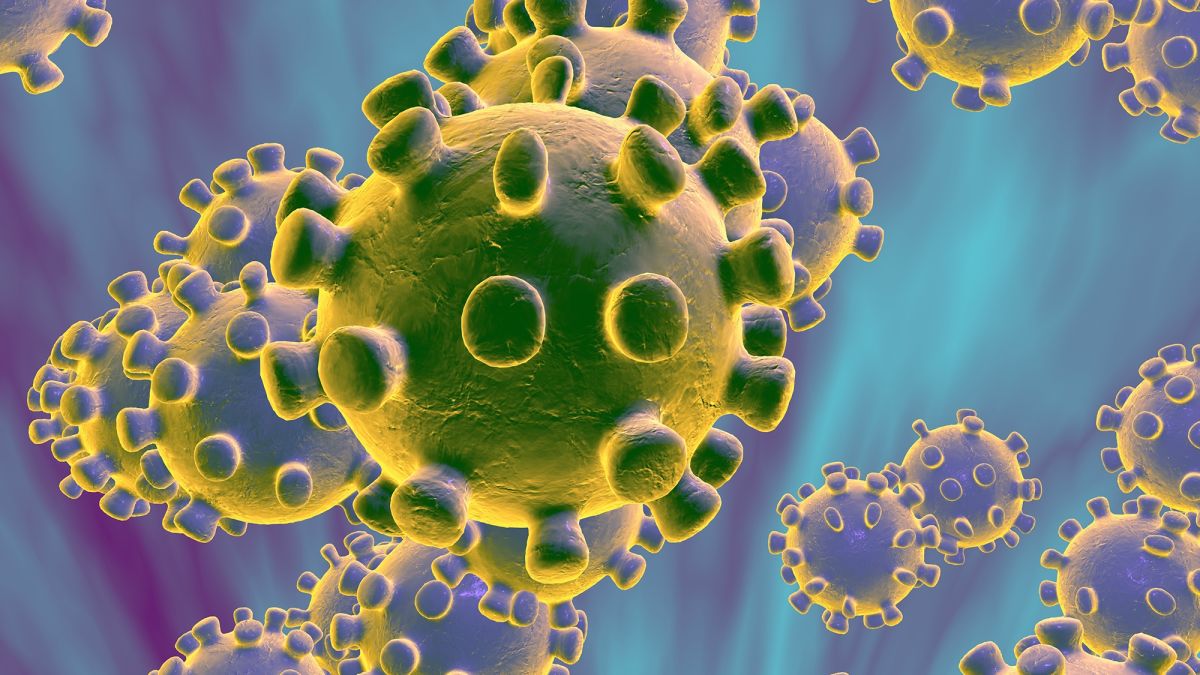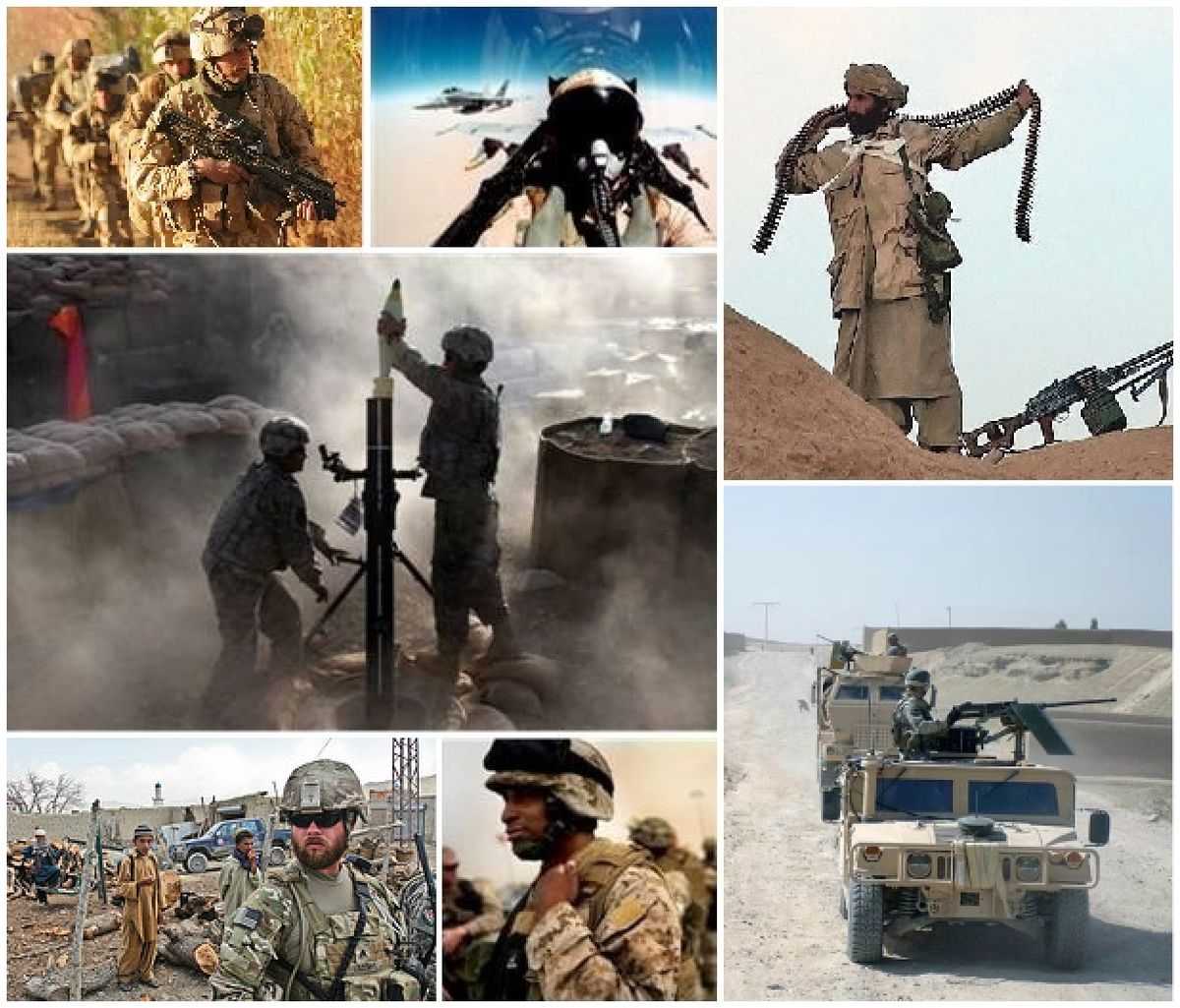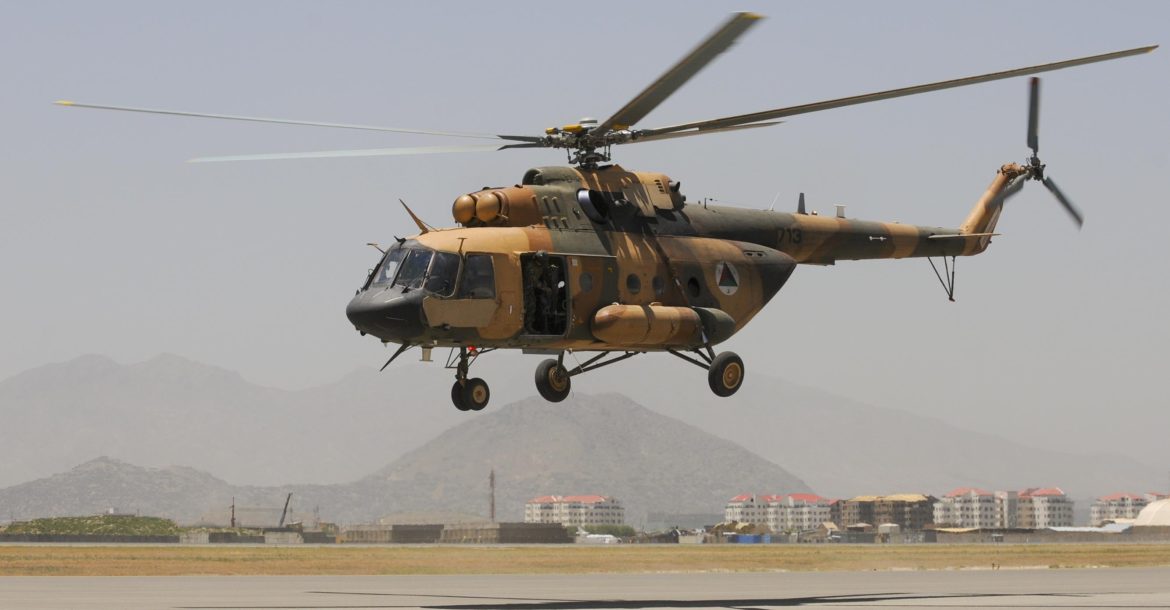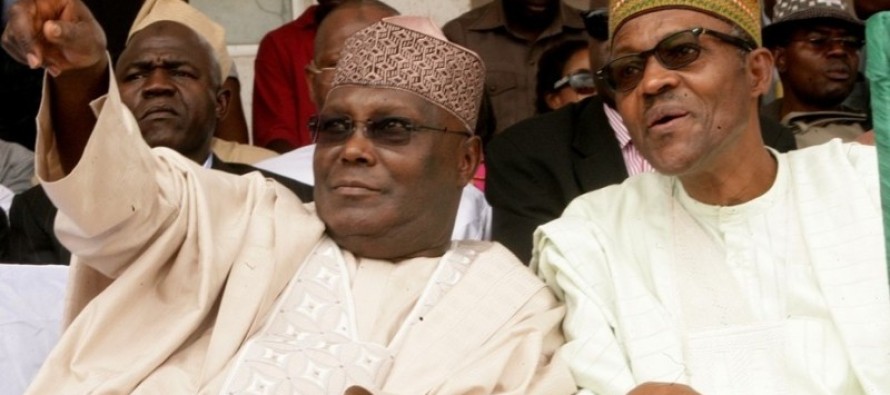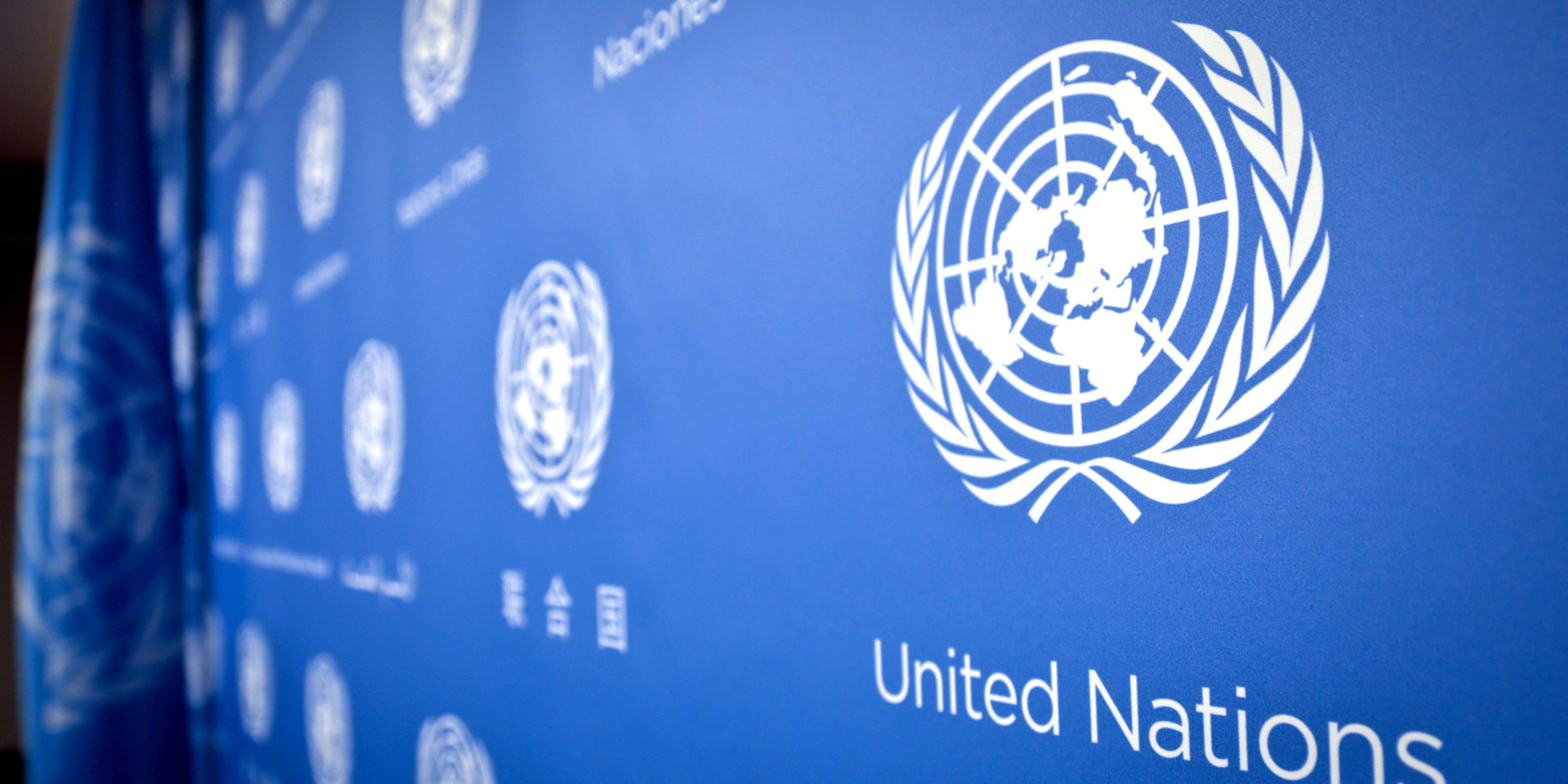By Owei Lakemfa.
The Afghanistan government of President Ashraf Ghani had to be pulled by the ears and dragged to the peace-implementation table where its American masters are seated with their old adversaries, the Taliban rebels. The complaint of the Afghan government and why it opposed the peace deal for the country was because it was neither involved nor consulted; but since when has ‘democracy’ degenerated to the extent that a slave is consulted by the master?
Since the Taliban government was toppled eighteen years ago by an American-led military alliance of 43 countries, Afghanistan has been led by usurpers maintained in power by the bayonets of the foreign invaders. It is likely that the departure of all foreign fighters as agreed in the peace deal may result in the exit of the current Afghan government that is also locked in a legitimacy battle with electoral rivals. The United States (US) was in so much hurry to reach the peace agreement that it neither consulted its local boys, nor worked out details on the type of government that will take over, and the rights of women. The US, like happened in its Vietnamese invasion where it had 58,220 military fatal casualties, had come to the conclusion that its war in Afghanistan is unwinnable and the sooner it got out of the quagmire, the better.
The Taliban in Afghanistan needs to be differentiated from its rascally namesake in Pakistan which is primarily, a terrorist organization. The Afghan Taliban built by the teacher, Mullah Omar, is a patriotic movement which despite two decades of a bruising war with the West and its local collaborators, never attacked anybody or target outside its Afghan territory. It came in to restore law and order following the disorder that attended the post Mujahedeen-Soviet Union War.
The Taliban administration was however, a hardline sharia government which imposed archaic cultures on women and rejected local pre-Islamic cultures such as ancient monuments. Its fall followed the barbaric and indefensible 911 attacks in the US which claimed 2,996 innocent souls. Fifteen of the 19 attackers were Saudis, but rather than invade Saudi Arabia, the 43 countries invaded Afghanistan because it refused to hand-over al-Qeada leader, Osaman Bin Ladin who was fingered to have engineered the attacks.
Bin Laden, a 1979 public administration and economics graduate of King Abdul Aziz University, Jeddah, was one of the youths mobilized and trained by the West to fight a supposed “jihad” to liberate Afghanistan from the alleged infidels of the Soviet Union. After that war, he returned home to Saudi Arabia, only to be expelled in 1991 for also viewing the Americans as infidels, and criticizing his country’s relations with them. He lived in Sudan from 1991 to 1996 when the latter was forced by the Americans to expel him. Fearing American backlash, no country was willing to give him and his followers shelter except Afghanistan which felt duty-bound to provide a home for these youths who had fought to liberate it from Soviet occupation.
With 911, America asked the Taliban to handover Bin Laden, but based on honour, it refused. The allies then invaded Afghanistan under a United Nations mandate ostensibly to prevent the country from becoming a safe haven for terrorism.
The Taliban did not stand to fight, rather it melted from the towns and cities as the invaders approached; that way it had its armed forces, military hardware and government intact. It then embarked on the same guerrilla warfare it used to wear out the Soviets. That is why today, eighteen years later, the 60,000 strong Taliban armed forces remains quite formidable with active presence in over 70 percent of the country including in the capital, Kabul.
The result is that America alone has lost about 2,500 soldiers with some 20,400 wounded and an additional 1,720 U.S. civilian contractor fatalities.
On the Afghan side, at least 157,000 people have been killed including about 45,000 government troops.
President, Hamid Karzai whom the Americans imposed as Afghanistan President in 2001, was one of the first persons to come to the realization that his masters cannot defeat the Taliban. So he opened secret channels to discuss peace. The Taliban’s main demand was that all foreign troops must leave. When the Americans, who had over 100,000 troops in the country discovered what Karzai was up to, they were furious. They branded him as insane; he became their enemy. In an attempt to remove him, the Americans rigged the 2009 Afghanistan elections, but Karzai survived. He was later replaced by a more pliant President Ghani.
After vowing to resist the peace deal, President Ghani has swallowed his pride and made a U-turn by issuing a decree. Under it, 1,500 Taliban fighters will be released over fifteen days with effect from Saturday, March 14 at the rate of 100 daily.
The peace deal which was signed in Doha by American Special Envoy Zalmay Khalilzad and the Taliban’s Mullah Abdul Ghani Baradar with US Secretary of State Mike Pompeo as a witness, showed that President Donald Trump is eager to pullout American troops who over the years, have been left by its allies to carry the can.
The peace deal includes a ceasefire which requires America to reduce its forces from 12,000 to 8,600 within the first 135 days with its allies also drawing down their forces proportionately. It envisages a total withdrawal of all foreign troops within fourteen months.
It also provides for the exchange of 5,000 Taliban prisoners and 1,000 Afghan military prisoners. Under the deal, American sanctions against the Taliban will be lifted and the latter would prevail on the UN to do likewise. The Taliban also agreed to negotiate with the Afghanistan government on the future of the country, and guarantee that the country will not be used for terrorist activities that may threaten the security of America and its allies.
The Americans, the Taliban and the Afghan government are aware that unless the 40-year armed conflicts in Afghanistan are brought to an end, opportunistic terrorist groups like the Islamic State (ISIS) may find the country a fertile ground.
The Taliban celebrated the peace deal as a victory. Mullah Baradar said: “I hope that with the withdrawal of all foreign forces from Afghanistan the Afghan nation under an Islamic regime will take its relief and embark on a new prosperous life.”
The likelihood that the Taliban might have the upper hand in post-war Afghanistan may not be lost on the US. This might have led Trump to declare: “If bad things happen, we’ll go back with a force like no-one’s ever seen.” A lot may depend on the maverick in the White House. So, is it peace in Afghanistan, oh Donald, son of Trump?
